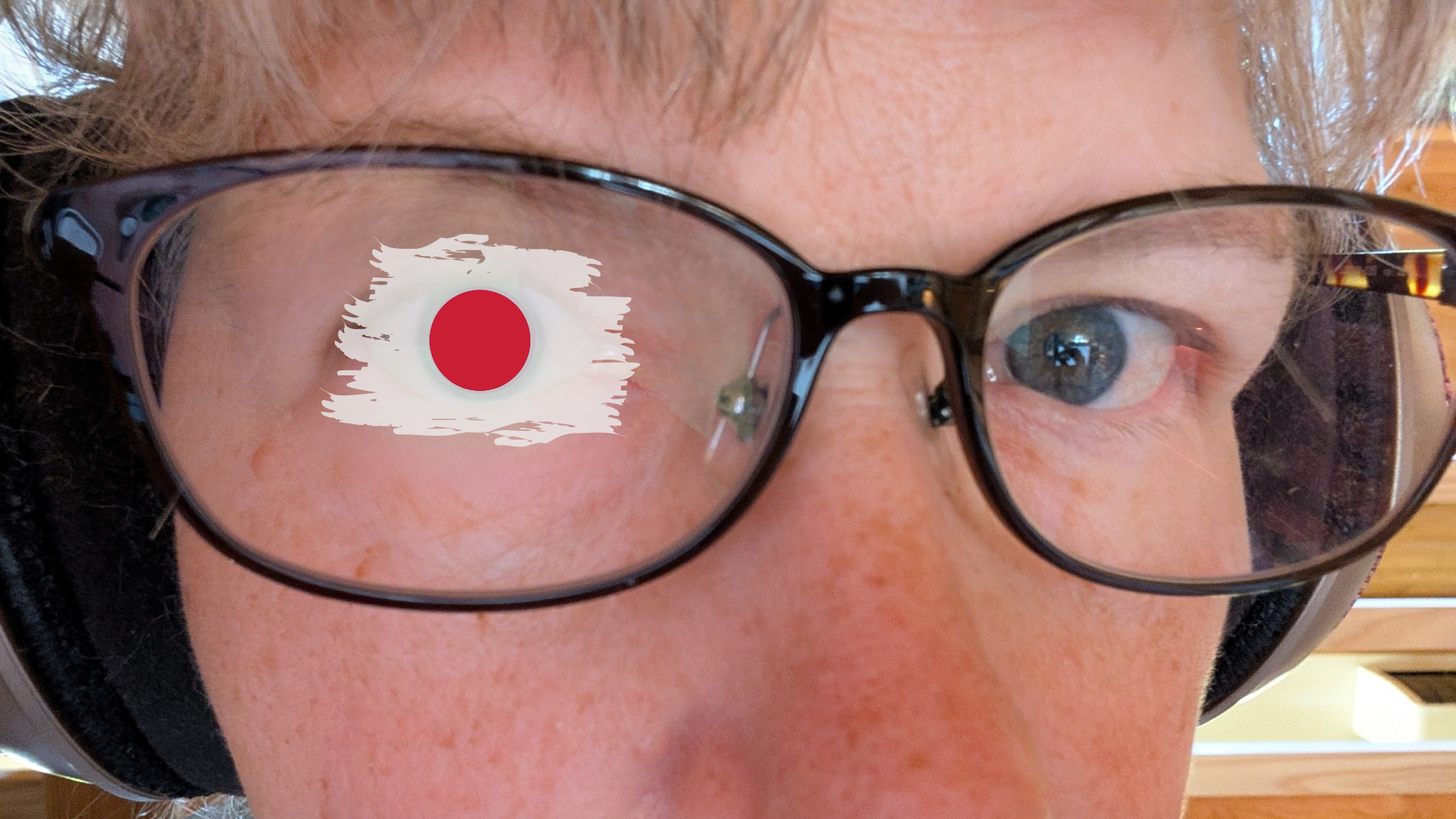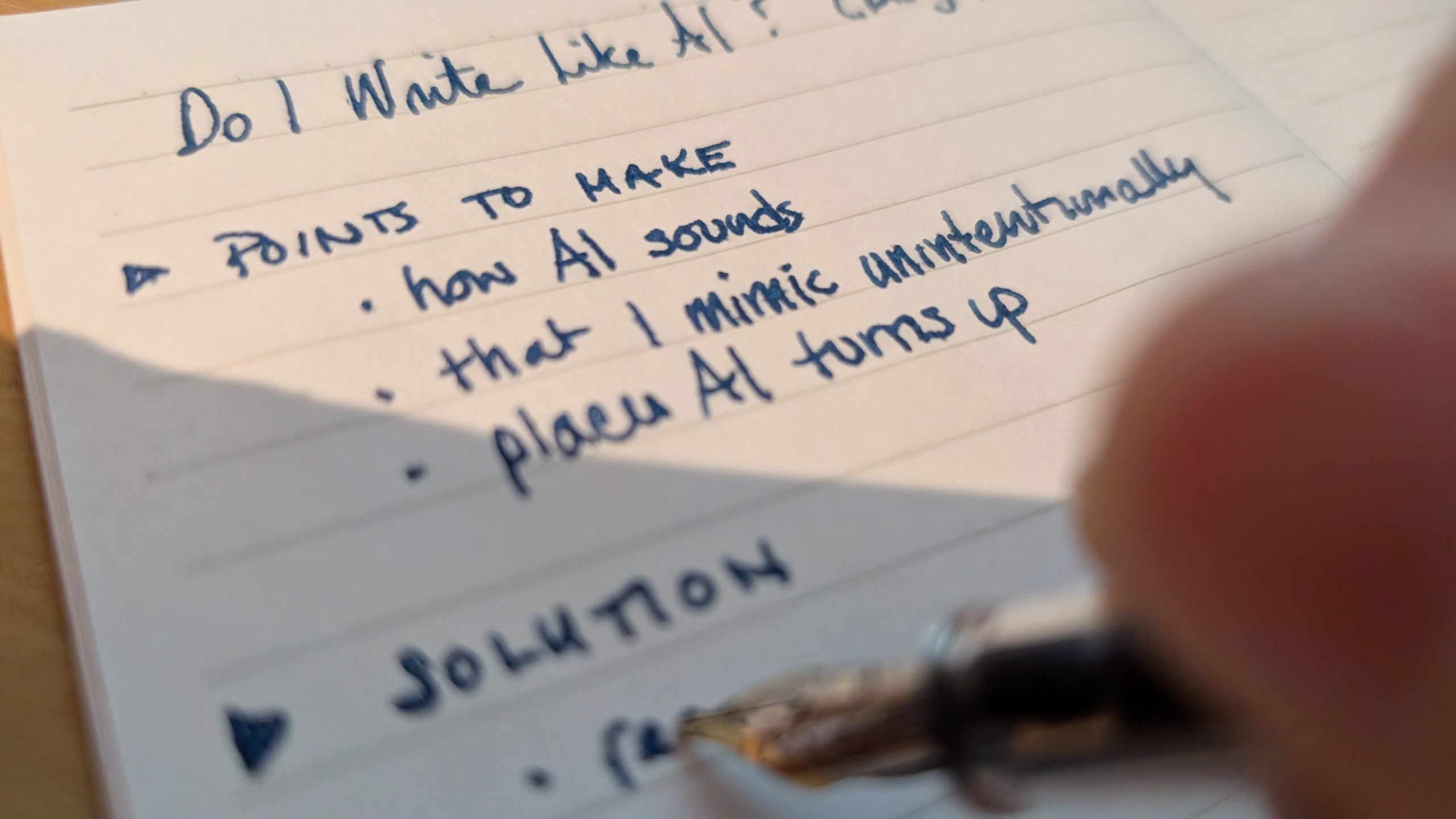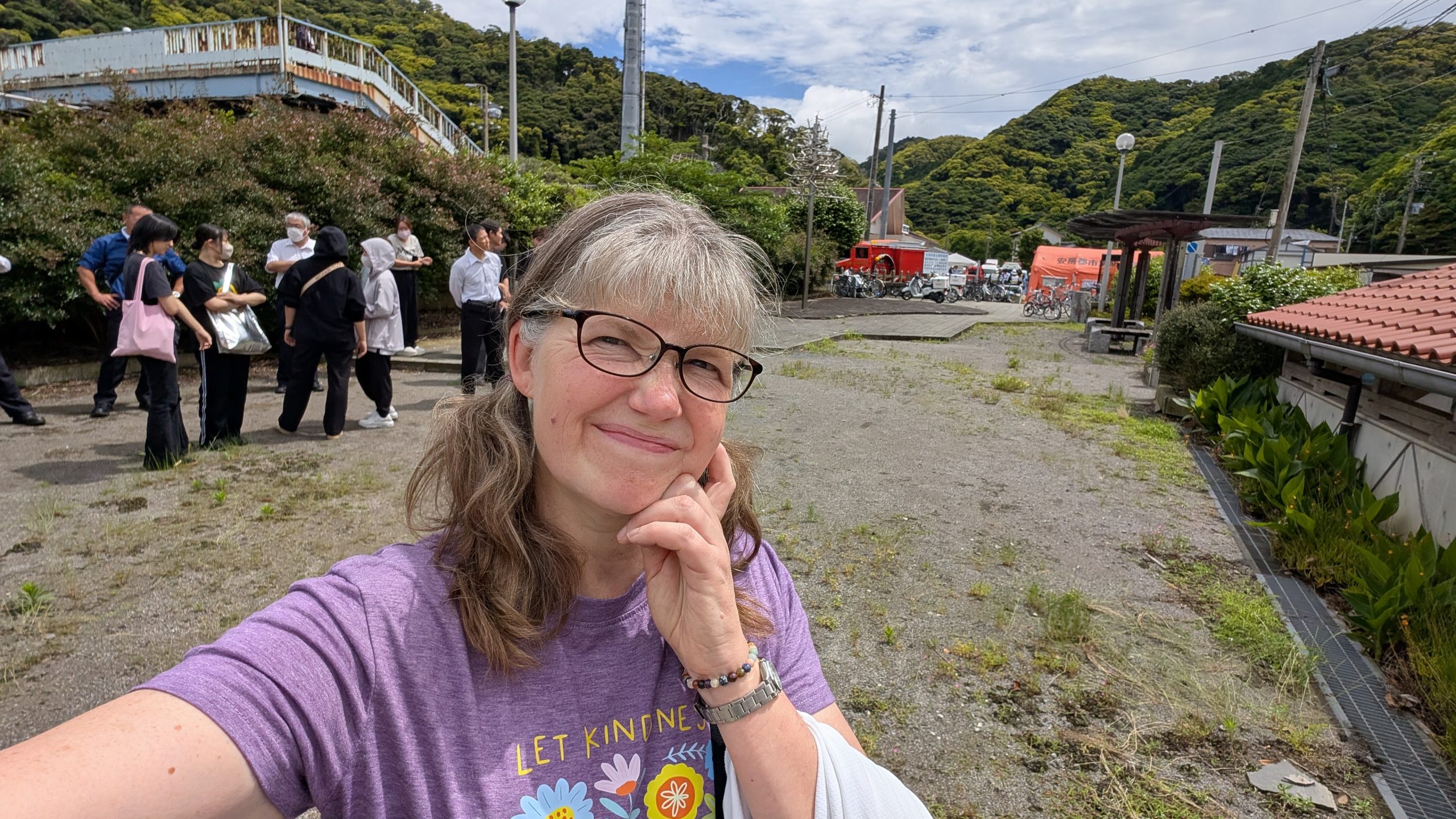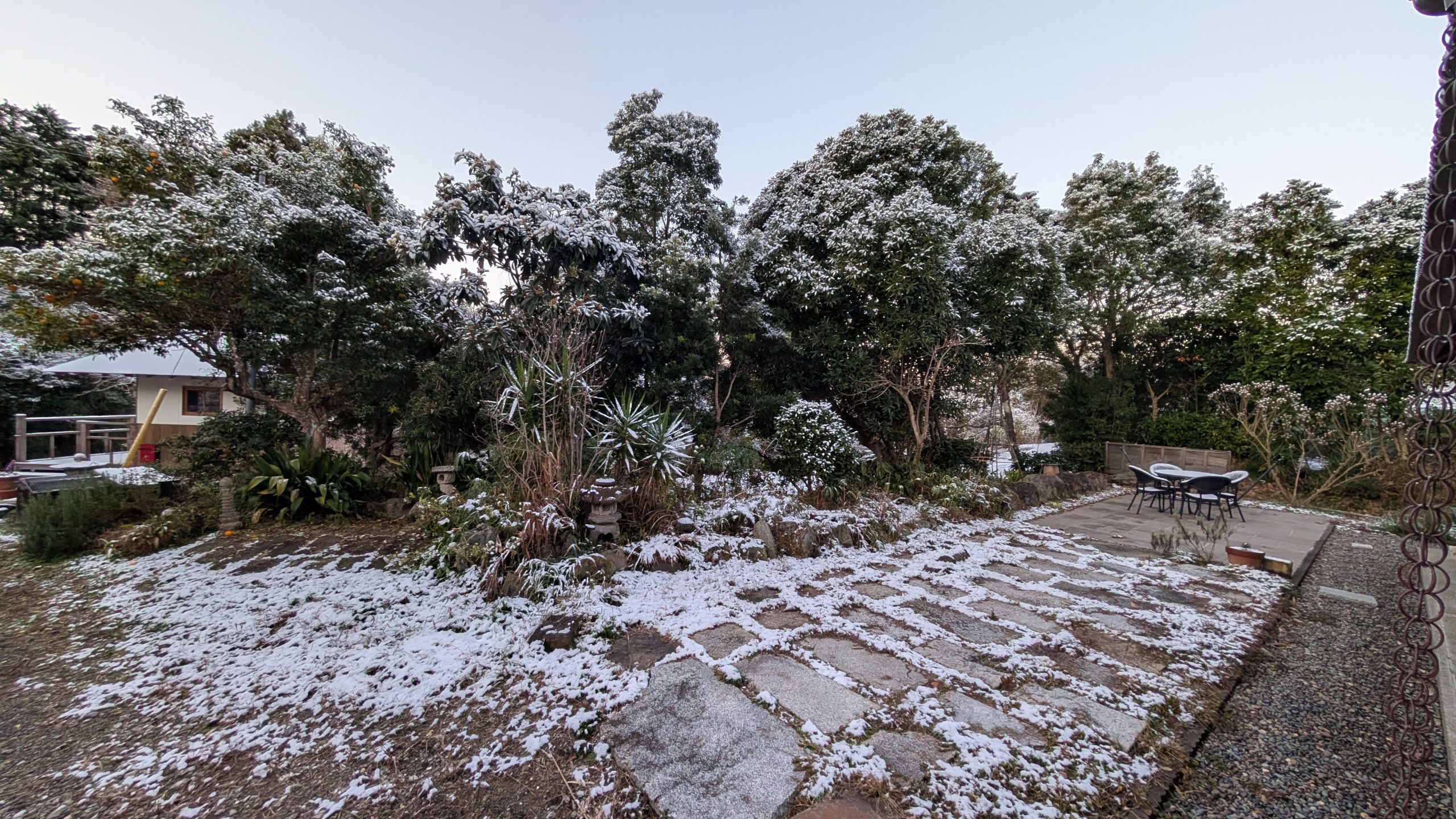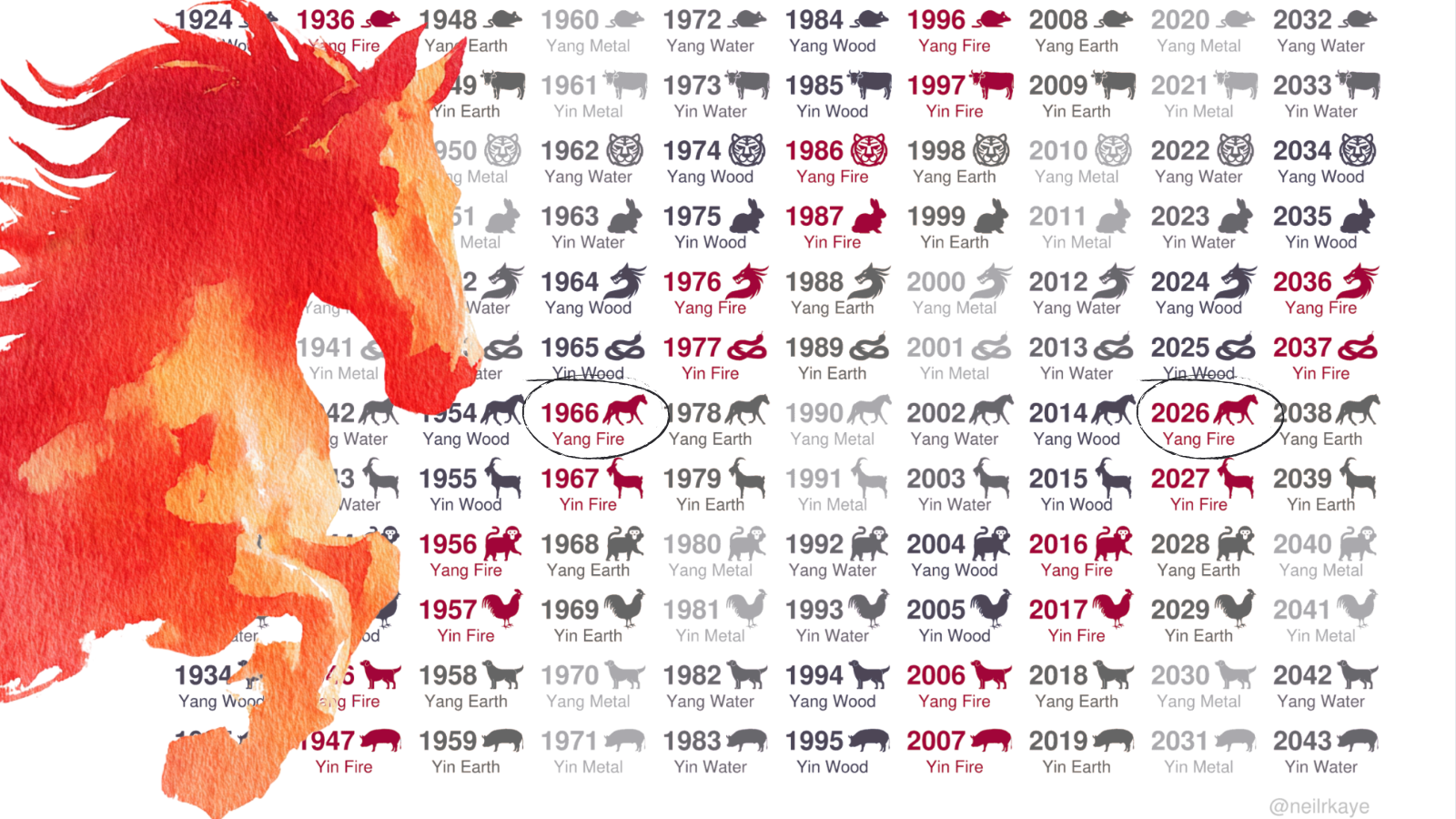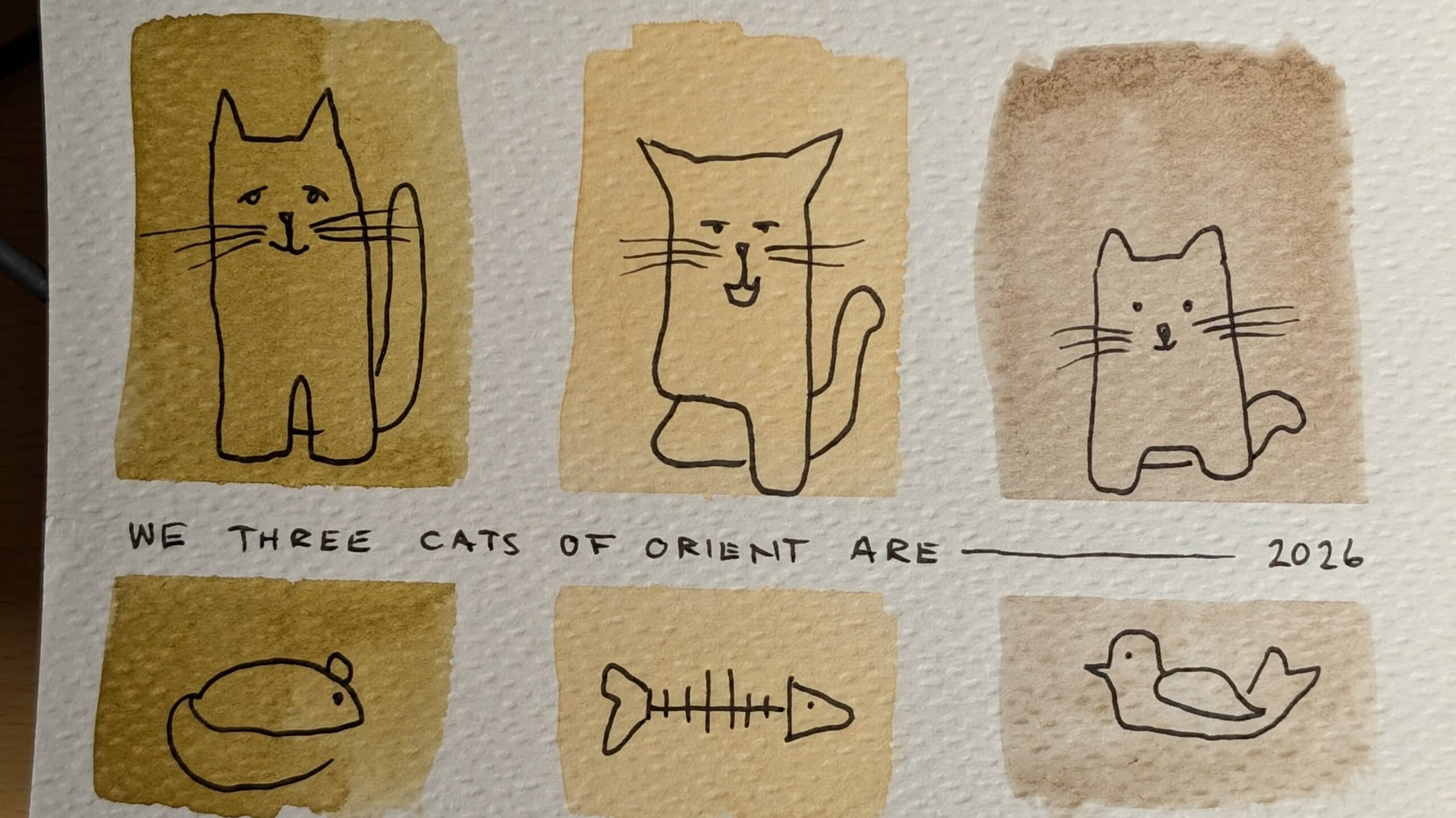Japanese is hard. I struggle through conversations with awkward pauses, misplaced modifiers, and incorrect verb tenses, not to mention my garbled pronunciation.
“I’b leaning moor. Good spek…homework maikey. Existence toward Javanese.”
That’s how I sound. The ideas are there but meaning is open to interpretation. Wide open. I am lucky to have people around me who are able to figure out my word salad. Thank you, friends and colleagues.
Japanese is hard and I am embarrassed by my lack of progress. I am frustrated with my memory letting me down even in common situations. It’s a “bad vs worse” battle between 27 years of lost opportunity and 27 years of aging.
Japanese is hard. In English I am chatty and friendly. In Japanese I am quiet and self-conscious; not myself at all. Some days I manage to converse awkwardly, but sometimes the slightest thing will shut me down.
I hate the panic in my heart when someone asks me a question that I don’t understand. It happened the other day when my friend tried to engage me in conversation as we were working. I ignored her and put my focus on measuring 25 gram portions of hijiki salad for bento boxes while I silently berated myself for being rude and stupid. I listened to the other women chatting during our break and tried to chime in, but eventually tuned out because it was overwhelming.
This panic and self-loathing – even more so, the anticipation of it – is what has stopped me from participating in things that I’d like to do. I want to take classes, to dance, to do art in groups, to interact with people. But what if someone asks me a question? What if the topic of conversation shifts into unknown territory? What if I don’t understand the instructions? What if…
Japanese is hard but I can’t live here any longer with my thoughts unspoken – whether they are simple chitchat or opinions on world affairs. I am not moving away from Japan, so I need to push myself.
For the past eighteen months, I have been doing it in various ways.
- Participating in groups that are in Japanese only, like Handcraft Club and the Indigo & Cotton Trust;
- Teaching papermaking and other crafts at Oyama Senmaida;
- Vending at events like the Tasukake Marche and Kozuka Arts Festival;
- Joining the Oyama Senmaida board (oh, so much new vocabulary);
- Using an AI app to practice speaking my thoughts and getting grammar corrections without embarrassing myself with actual humans.
And I’m taking a leap off a cliff and translating some of my Drawing Meditations workbooks. (I published the first one yesterday.) If I publish in Japanese, that means that I have to follow up in Japanese.
The book translation is easy enough; Claude.ai does a reasonable job and is grammatically correct. So the written works are as solid as the English was (which is to say, imperfect but good enough). But if someone asks me a question, wants clarification, asks for a live session, I don’t have the nuance of language to address that.
最初は絵を描く。後見て、感じをします。何が想像できますか?
“First, draw. Then look at it and feel the emotion. What can you imagine?”
Japanese is hard and my skill is inadequate. It’s not always wrong but I’m brusque; my tone is impolite and possibly dangerous. And in the future when I am infirm and need to rely on nurses and other people for help, I want to be clear, precise, and polite.
Japanese is hard but with more conversations, more practice, and more focus I can improve.
日本語は難しいけど話しければ上手になります。宜しくお願いします!
